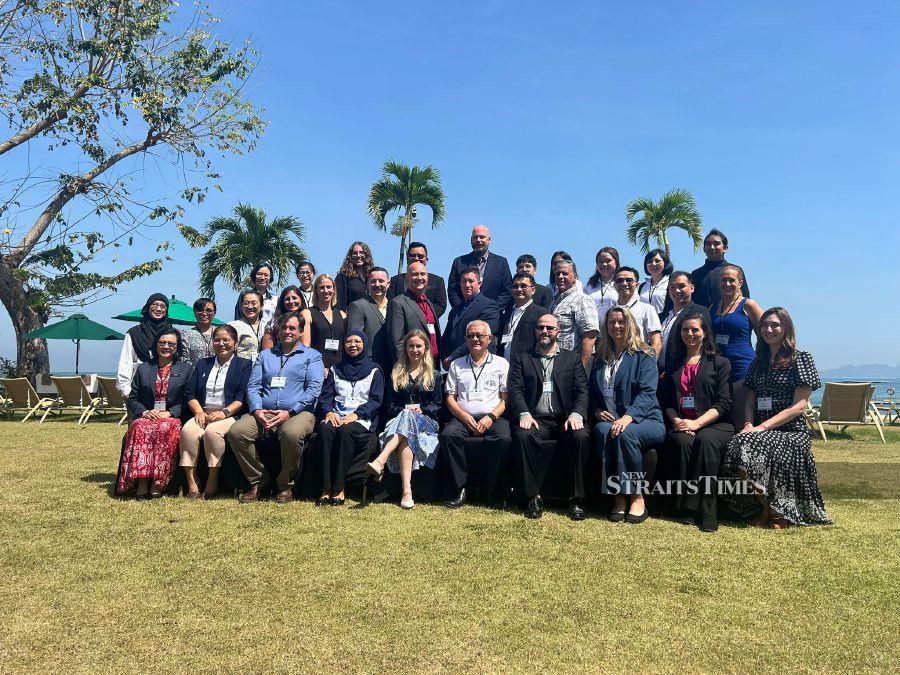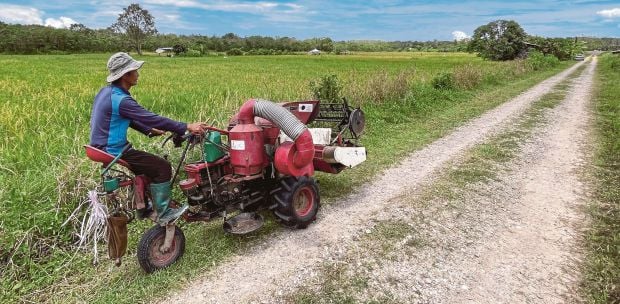KOTA KINABALU: The biosafety and biosecurity capabilities of laboratories must be improved to tackle highly infectious pathogens.
Sabah Health (Public Health) deputy director Dr Maria Suleiman said such pathogens could cause deadly infections in humans and pose potential risks, particularly to healthcare and laboratory personnel.
She added that the threat of the SARS-CoV-2 virus persists, and emerging infectious diseases may arise at any time.
"These diseases pose significant public health risks, continually haunting human civilization and posing a considerable threat to lives, both human and animal, in our region and globally.
"Hence, laboratories must be prepared for any eventuality to ensure regional and global survival.
"This can be achieved through collaborative efforts to strengthen laboratory capacities, including biosafety and biosecurity, across human, animal, and other relevant sectors, in all areas, to manage potential health risks from biological agents," she stated in a statement.
Dr Maria opened a five-day meeting today, attended by participants from Malaysia, Thailand, and Australia.
The meeting will kickstart the six-month 2024 Biorisk Adviser twinning mentorship programme.
The programme by the Regional Public Health Laboratory Network (RPHLN), in collaboration with the Health Ministry's National Public Health Laboratory, the United States' Defense Threat Reduction Agency (DTRA), and Sandia National Laboratory (SNL).
"Assessments such as the World Health Organisation Joint External Evaluation and the yearly electronic State Party Annual Report (eSPAR) consistently highlight significant capacity gaps in biosafety and biosecurity among most Asean member states.
"Therefore, in response to this gap, Malaysia strongly supports RPHLN's efforts to conduct the Biorisk Adviser Training Program, empowering trainees in the field and providing them with recognised certification to become subject matter experts in biorisk management for the region."





